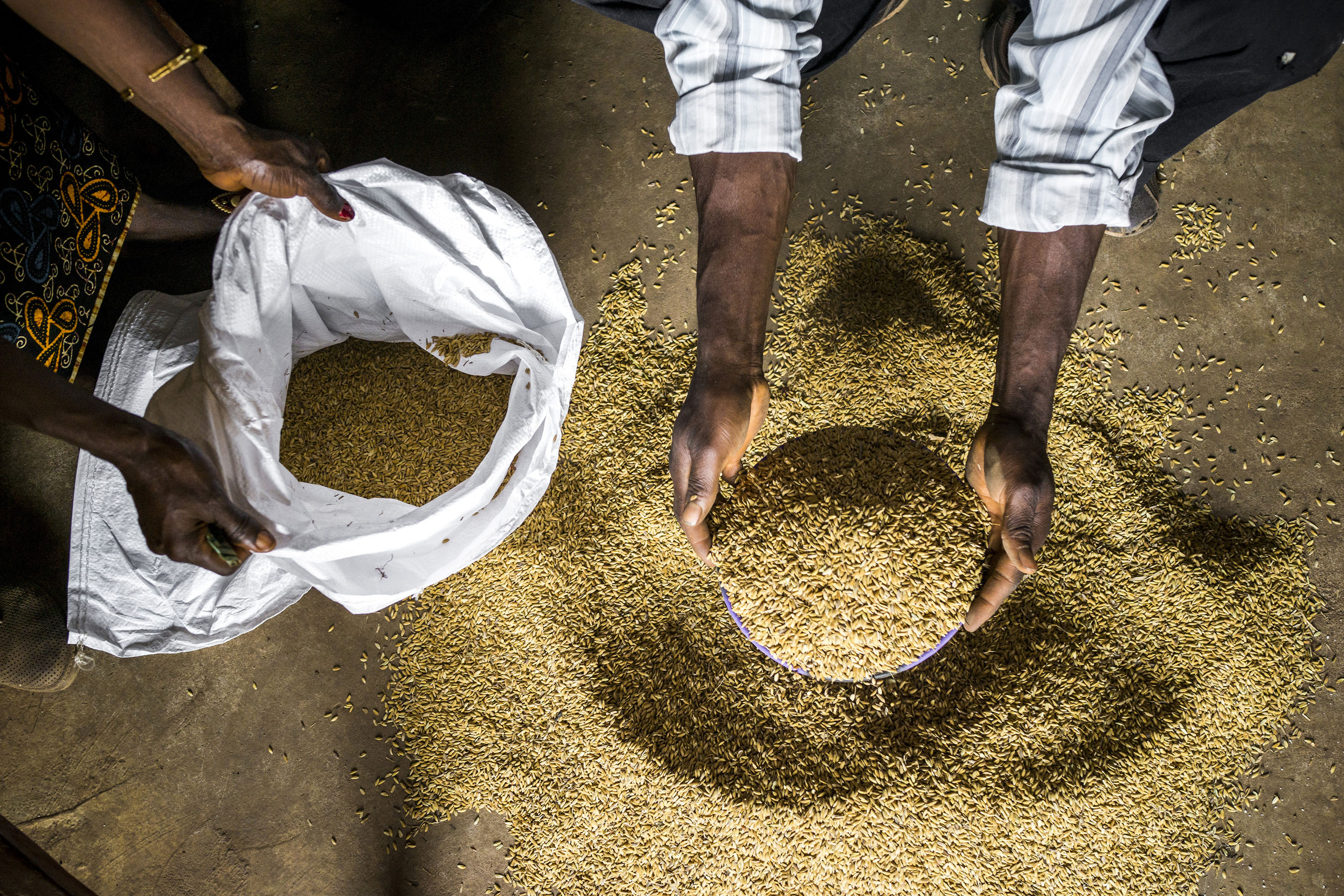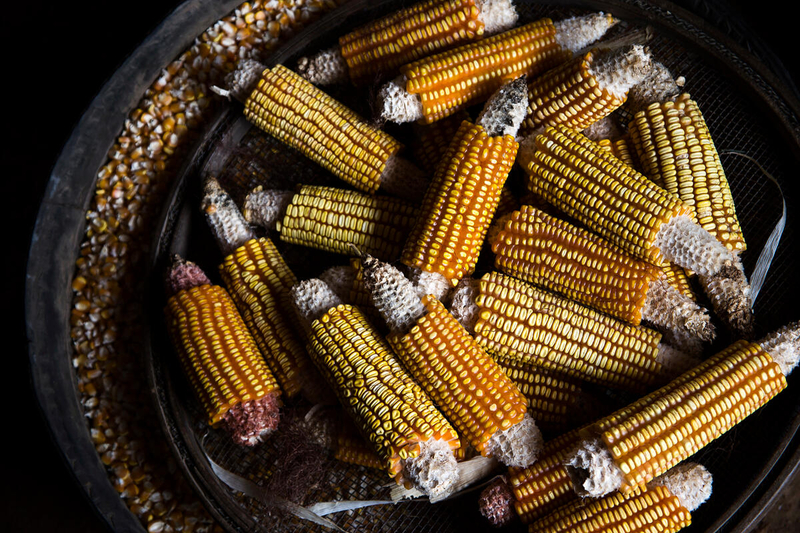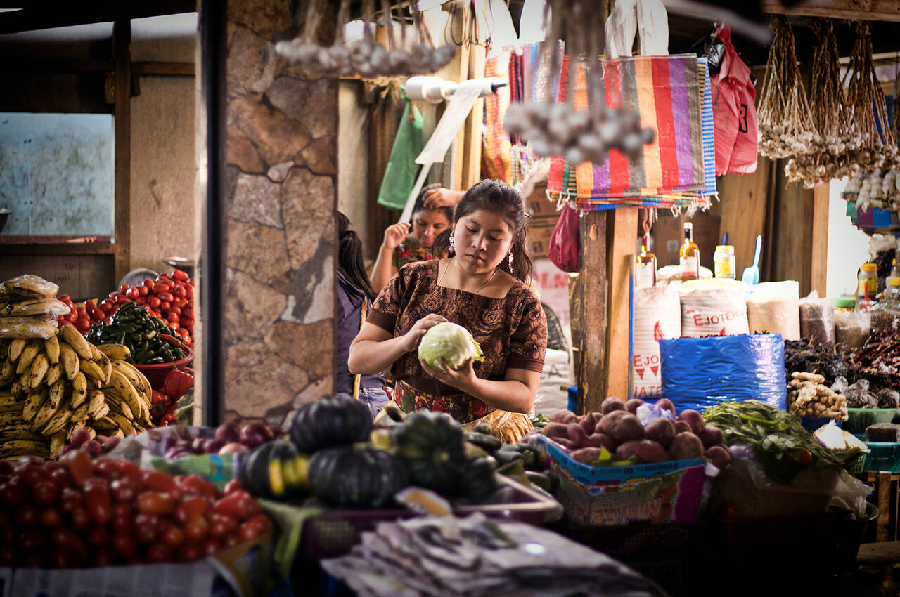
Indicator 2.1.2 Prevalence of moderate or severe food insecurity in the population, based on the Food Insecurity Experience Scale
This indicator provides internationally-comparable estimates of the proportion of the population facing moderate or severe difficulties in accessing food. The Food Insecurity Experience Scale (FIES) produces a measure of the severity of food insecurity experienced by individuals or households, based on direct interviews. The indicator will measure progress towards SDG Target 2.1.
Target 2.1
By 2030, end hunger and ensure access by all people, in particular the poor and people in vulnerable situations, including infants, to safe, nutritious and sufficient food all year round.
Indicator 2.1.2: Progress Assessment
Impact
The Food Insecurity Experience Scale (FIES) provides actionable information that policy makers can use to identify vulnerable population groups and guide policy interventions to ensure no one is left behind. As a direct measure of people’s access to adequate food, it complements the information provided by the SDG Indicator 2.1.1.Key results
Global food insecurity remained unchanged for the second year in a row, but was still far above the levels before the COVID-19 pandemic. About 29.6 percent of the global population – 2.4 billion people – were moderately or severely food insecure in 2022.
New estimates of the prevalence of food insecurity for 2022 show no progress on food insecurity at the global level. Following a sharp increase from 2019 to 2020, the global prevalence of moderate or severe food insecurity remained unchanged for the second year in a row, far above levels before the COVID-19 pandemic. In 2022, an estimated 29.6 percent of the global population – 2.4 billion people – were moderately or severely food insecure, meaning they did not have access to adequate food. This is still 391 million more people than in 2019, before the pandemic, and 745 million more people compared to 2015 when the 2030 Agenda was launched.
A comparison of food insecurity in rural, peri-urban and urban populations at the global and regional levels using the Degree of Urbanization (DEGURBA) classification (European Union, FAO, UN-Habitat, OECD and World Bank, 2021), a new international standard, shows that at the global level, food security improves as the degree of urbanization increases. Moderate or severe food insecurity affected 33.3 percent of adults living in rural areas in 2022 compared to 28.8 percent in peri-urban areas and 26 percent in urban areas. Food insecurity was more prevalent in rural areas than in urban areas in all regions except Oceania and Northern America and Europe.
Highlights
Elearning

SDG Indicator 2.1.2 - Using the Food Insecurity Experience Scale (FIES)
02/06/2023
In the context of reporting on the SDG Indicator 2.1.2, this course introduces the Food Insecurity Experience Scale (FIES) and explains how it can be...
Multimedia
SDG 2 – Indicators of hunger and severity of food insecurity
01/01/2019
An overview of SDG indicators 2.1.1 and 2.1.2, measuring hunger and severity of food insecurity.
Tracking progress on food and agriculture-related SDG indicators (2022)
01/09/2022
Tracking progress on food and agriculture-related SDG indicators offers detailed analyses and trends on selected indicators for which...
Capacity development
Methodology
Tier: I
Data
- SDG Indicators Global Database
- FAOSTAT - Suite of Food Security Indicators
- FAOSTAT - SDG Indicators
- Food and Agriculture Microdata (FAM) catalogue







-jpg2.jpg?sfvrsn=e2ee17ca_1)
















